Well, if what you wanted to ask in this question is whether after learning traditional Chinese characters, you could automatically understand Classical Chinese, then the answer is no. Whether you learn simplified Chinese characters or traditional Chinese characters, if you learn want to understand Classical Chinese, you need to first learn and understand vernacular Chinese, which is easier than Classical Chinese and also serves as a stepping-stone for learning Classical Chinese.
And then you start to learn the grammar and lexicon of Classical Chinese. Please notice that the grammar and lexicon of Classical Chinese are more intricate than those of vernacular Chinese. And it takes time and efforts to be able to be well versed in them. You need to read more texts written in Classical Chinese. You need to recite the famous and superb texts written in Classical Chinese by well-known Chinese people in the past.
For instance, in mainland China, students are required to recite Preface to the Poems Composed at the Orchid Pavilion, or 兰亭集序 in Chinese, by Wang Xizhi, or 王羲之 (303–361) in Chinese, a renowned Chinese calligrapher and writer living in Jin Dynasty and An Account of the Old Toper’s Pavilion, or 醉翁亭记 in Chinese, by Ouyang Xiu, or 欧阳修 (1007–1072) in Chinese, an noted essayist and poet living in Song Dynasty.
Here are two pictures showing the content of Preface to the Poems Composed at the Orchid Pavilion in a textbook used in the second semester of the first year in high schools in mainland China. As you see, there are footnotes under the text. And the explanations of footnotes are written in vernacular Chinese. These footnotes could help students learn more about the text and related cultural background information.
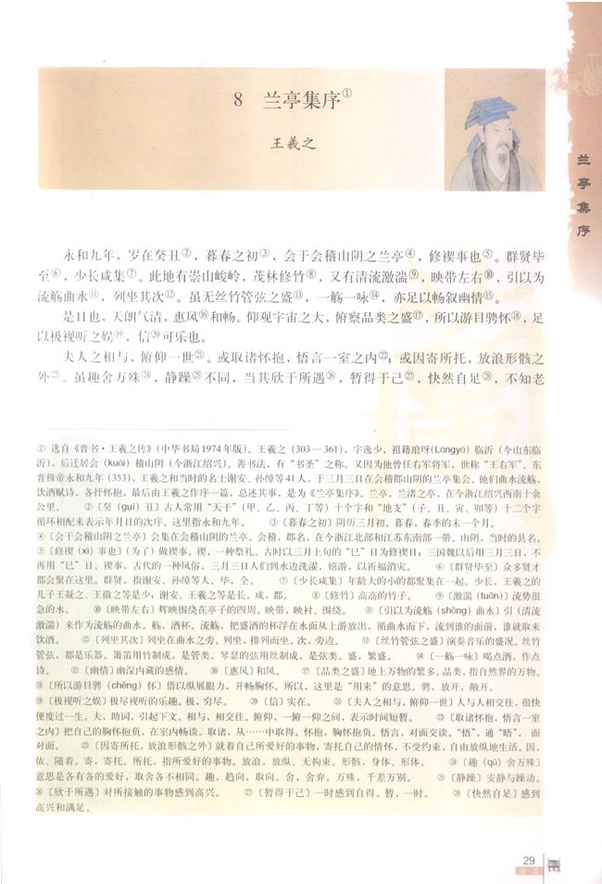
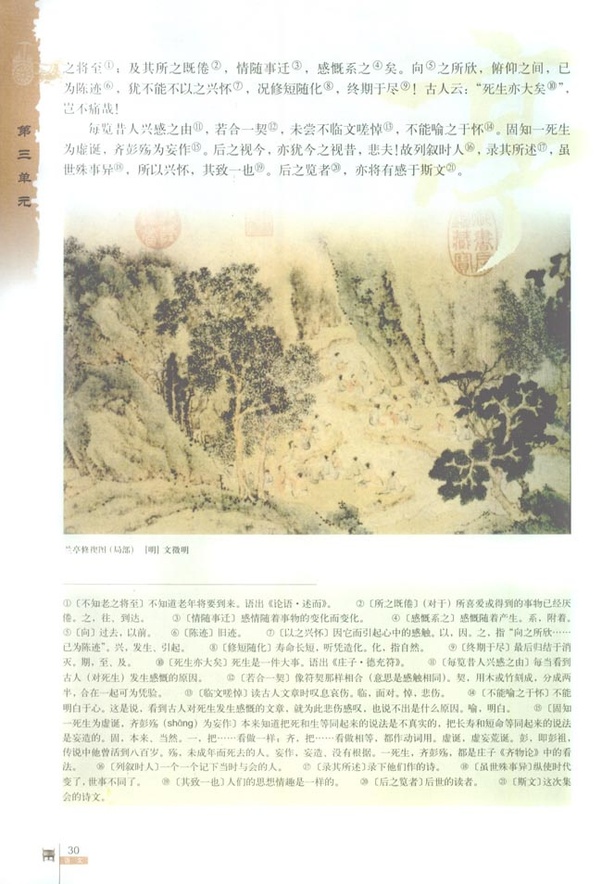
Here are four pictures showing the content of An Account of the Old Toper’s Pavilion in a textbook used in the second semester of the second year in middle schools in mainland China. As you see, there are also footnotes under the text. And the explanations of footnotes are also written in vernacular Chinese.
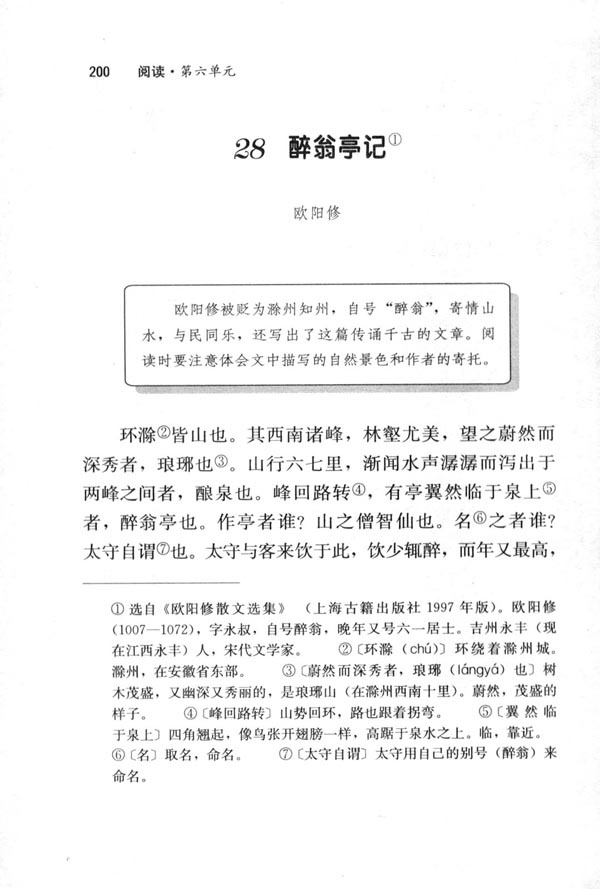
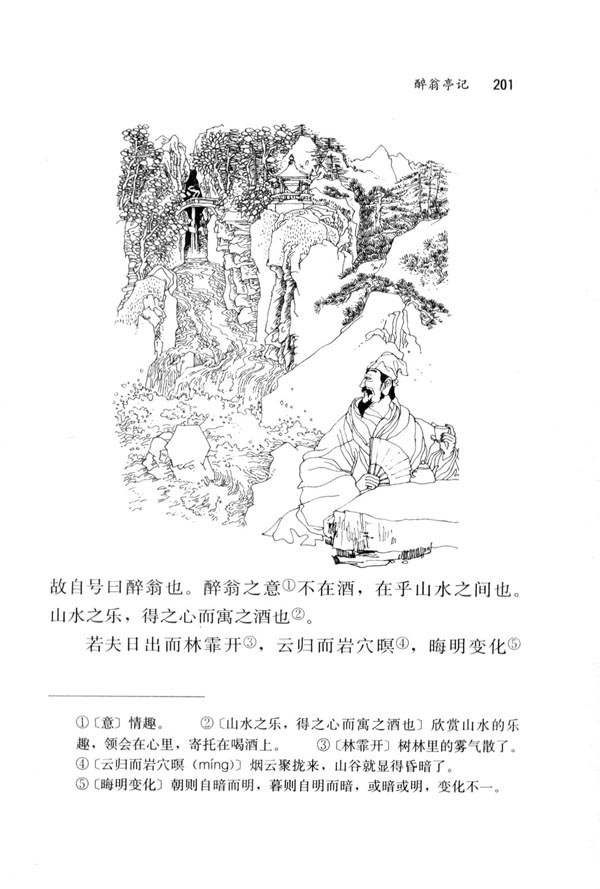
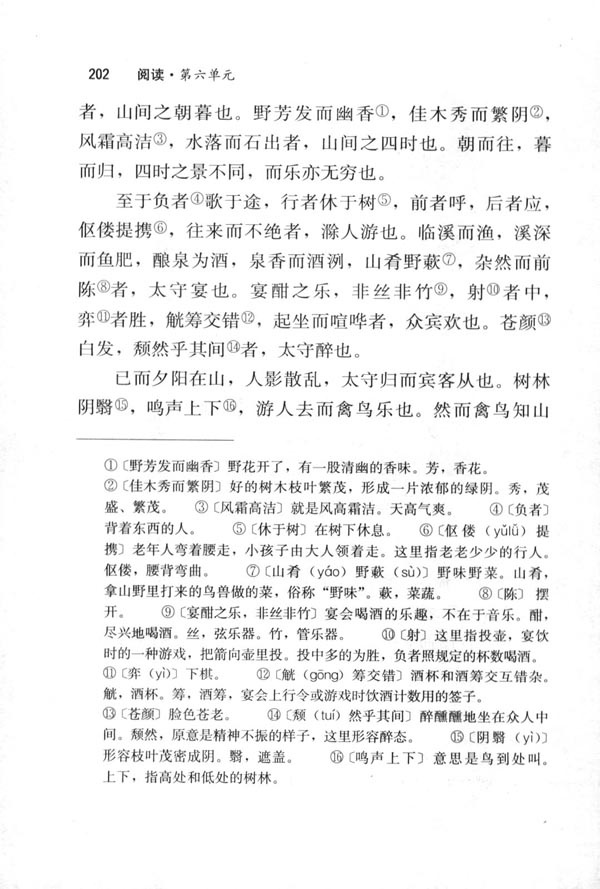
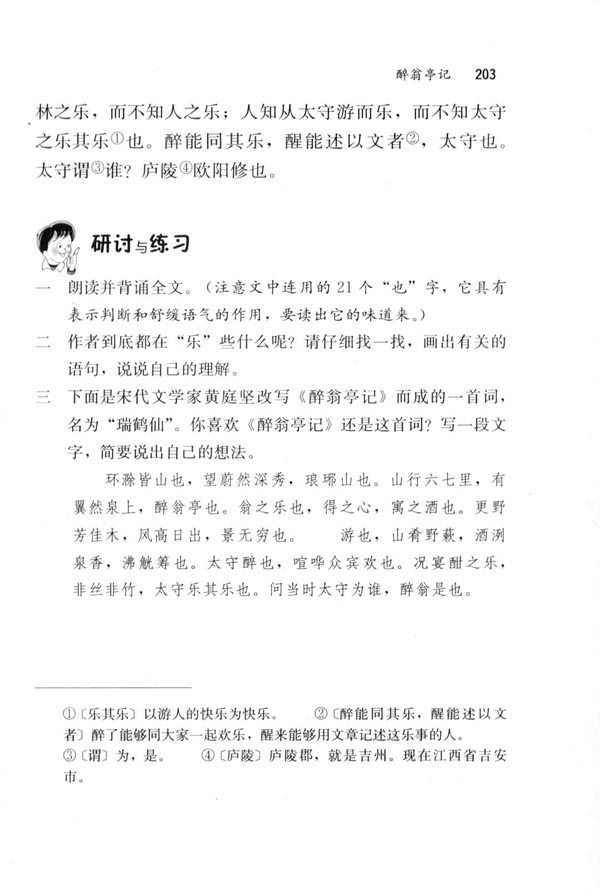
Doing this could help you feel the flow of Classical Chinese and also help you feel how the grammar and lexicon of Classical Chinese are used in the Classical Chinese. With more immersion of Classical Chinese, you could know how to apply the rules of grammar and lexicon of Classical Chinese that you learn in the textbooks or reference books to texts written in Classical Chinese that you haven’t read them before.
And even if after learning the grammar and lexicon of Classical Chinese, there are also occasions when you encounter texts written in Classical Chinese about topics that you are might not be very familiar with, for example, astronomy, you are not very sure what these texts mean. So, whether you could understand texts written in Classical Chinese also depends on topics of texts written in Classical Chinese.